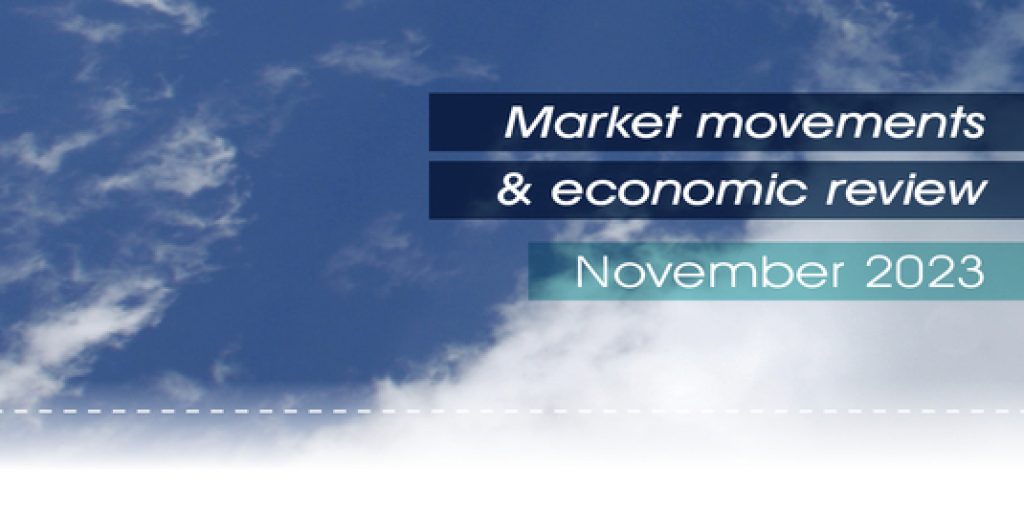Tax and the super after-life

Many people assume there is no tax payable on super benefits received after someone passes away, but that’s not always the case.
Whether or not tax is paid on a super death benefit depends on the beneficiary’s relationship with the deceased. Although some beneficiaries receive their money tax-free, others can find themselves paying significant amounts of tax on the funds they receive.
Dependant for tax purposes
The key point in understanding who will be required to pay tax on a super death benefit is whether or not the beneficiary is considered a death benefit dependant for tax purposes.
Although you are permitted to nominate a wide range of people as dependants under super law, the definition for tax purposes is different and narrower.
A death benefit dependant for tax purposes is limited to the deceased’s spouse, de facto, or former spouse or de facto; their child under age 18; any person with whom they had an interdependency relationship; and any other person financially dependent on them just before their death.
A common trap in this area is nominating financially independent adult children as death benefit beneficiaries, as this is permitted under super law. Under tax law, however, they are not defined as dependants for tax purposes and so are required to pay tax on the taxable component of any death benefit they receive.
Tax on lump sum death benefits
When it comes to paying a death benefit, your dependants for tax purposes are free to choose whether they want to receive your super death benefit as a lump sum or as an income stream.
If a beneficiary decides to take their benefit as a lump sum, the benefit will be free of any tax, provided they are considered a death benefit dependant under tax law.
If they are not considered a death benefit dependant for tax purposes, they must take the benefit as a lump sum. These lump sums are taxed at a maximum rate of 15 per cent plus the Medicare levy on the taxed element (which is super that has already had tax paid on it within the fund).
In addition, any untaxed elements of the taxable component in the lump sum will be taxed at a maximum rate of 30 per cent plus the Medicare levy.
If the benefit is paid to the estate, it is paid as a pre-tax lump sum and the estate is responsible for paying any necessary tax depending on the dependant status of the end-beneficiaries.
Death benefit income streams and tax
Some tax dependants prefer to take their death benefit as an income stream (or pension).
Death benefit income streams are tax-free if either the deceased or the beneficiary are aged 60 or older at the time the income stream payments are made.
Otherwise, beneficiaries will generally pay some tax on the death benefit income stream until they reach age 60, after which age the payments are tax-free.
For beneficiaries under age 60, there is no tax on the tax-free component of the death benefit income stream, but the taxable component is included in their assessable income with a 15 per cent tax offset.
Death benefits and the transfer balance cap
The transfer balance cap (TBC) rules also come into play when it comes to super death benefits.
These rules limit the amount of super savings you can transfer into the retirement or pension phase.
Tax penalties apply if amounts in excess of the beneficiary’s TBC are transferred into the retirement phase as an income stream.
The rules governing this area are very complex, so you should always seek professional advice before deciding on a death benefit nomination, as it can make a big difference in how much tax your beneficiaries will pay when they receive their death benefit payment.
If you would like more information about tax and super death benefits, call our office today.


